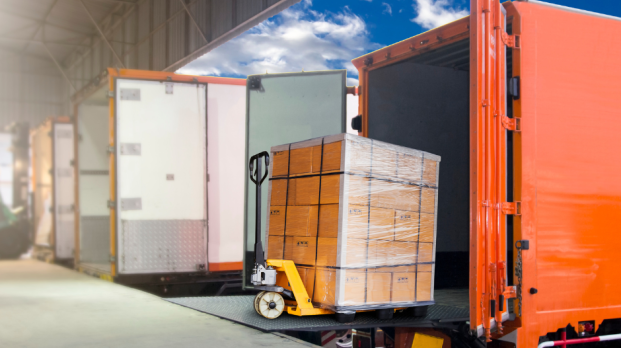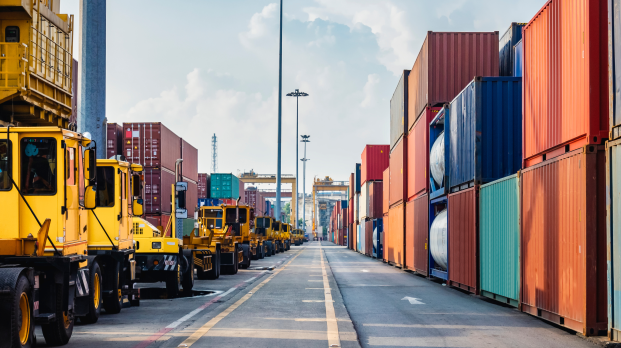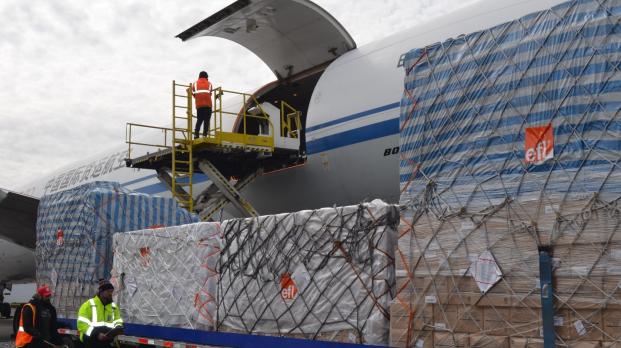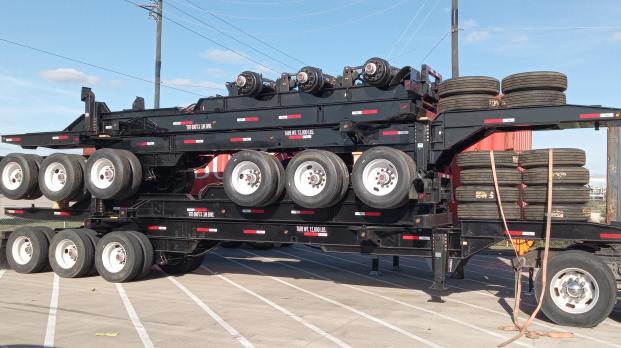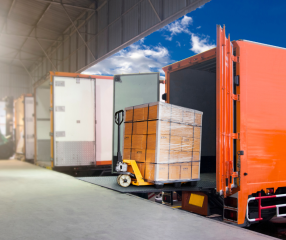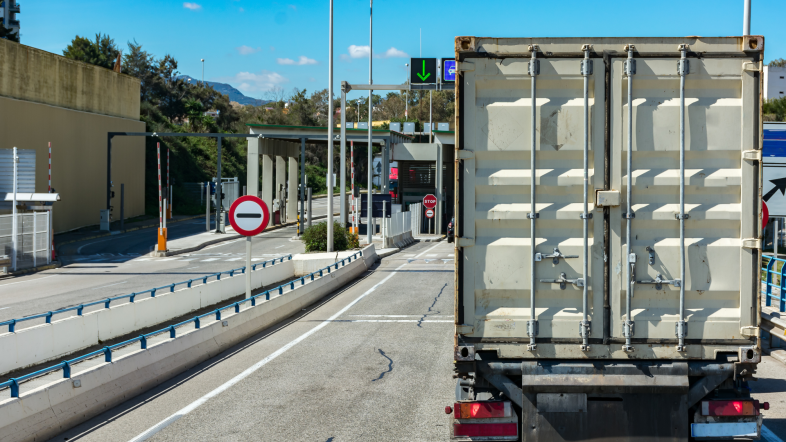
When it comes to international trade, navigating the complex web of regulations, procedures, and frequent changes can be overwhelming for businesses moving freight. Most recently, there have been major updates to trade regulations in North America that businesses must be prepared for.
In the United States, the FDA began notifying foreign and domestic facilities that Food Facility Registrations (FFR) without an accurate Unique Facility Identifier (UFI) will be canceled. Previously, the FDA offered a “Pending UFI Option” for FFRs, offering sufficient time to obtain acceptable UFIs such as a DUNS number. This has now been terminated.
Additionally, the Canada Border Services Agency (CBSA) Assessment and Revenue Management (CARM) multi-year project is approaching its second release in October 2023. While Release 1 introduced the CARM Client Portal and its features, Release 2 proposed changes to the Release Prior to Payment (RPP) program, a new Commercial Accounting Declaration (CAD), and new harmonized billing cycles that align payment due dates for importers. While the CBSA states the project will simplify the overall importing process, this is proving to be a major shift for some businesses. Any company that hasn’t taken the necessary steps will not be able to import into Canada.
Changes such as the above are not unique circumstances, and businesses must be prepared with the knowledge, technology, and processes they need to ensure they do not fall behind on Compliance. Fortunately, a dedicated Customs Broker can help your business stay ahead of the curve.
“Regardless of who’s handling the freight, you need to have a Broker on call who you can trust,” says Mark McGovern, President of Trans American Customhouse Brokers. “We can’t have containers stuck at ports. The flow of goods shouldn’t slow due to improper classifications and a misunderstanding of trade laws. A Broker is someone who specializes in knowing your business and all regulations surrounding the transportation of goods.”
Customs Brokers are a critical component of the supply chain, as they ensure the smooth flow of goods on a global scale. The benefits go beyond simply avoiding fines and delays. It can also help businesses to optimize their supply chains as a whole by identifying opportunities for cost savings and streamlining processes as it relates to the movement of freight.
In 2023, EFL Global acquired Trans American Customhouse Brokers, subsequently expanding its capabilities to offer more Customs Brokerage, clearance, and consulting solutions, allowing customers a wider range of products and services for global trade. This included integrated United States, Canada, and Mexico Customs services, a team of licensed Customs Brokers, and digital tools that make Customs Clearance processes as efficient and transparent as possible.
“Our goal is PO to POD simplicity,” says McGovern. “You want to avoid having multiple entities offering different aspects of the business. At EFL Global, we now have multiple solutions, including Customs Brokerage, under one umbrella to seamlessly handle United States and Canada deliveries. This is a game changer for our clients because of the single point of control.”
This simplicity is a huge benefit in the complex world of Customs Clearance. A Customs Broker acts as a consultant, advocate, and legal partner, facilitating one of the most important legs of the supply chain operation for global companies.
“What’s unique about EFL Global and Trans American is the guarantee of service,” says McGovern. “If we don’t perform, we find a way to fix it. We guarantee a shorter response timeframe. We’re the only organization that assigns a licensed Broker to your account rather than a clerk. It seems like common sense to those who want to provide clients with the best possible service, but it’s very unique in the industry.”
McGovern states that consolidation is the way forward for both Customs Brokerage firms and Freight Forwarders.
“We are at the base floor of a cutting-edge revolution in this industry. Everyone’s consolidating to provide more in-house solutions to clients, so you won’t see as many Brokers and Freight Forwarders. Rather, there will be a few key players who can truly support their clients from PO to POD.”
Customs Brokerage has and will continue to be a vital component of the supply chain for any businesses engaged in international trade. A Broker is an essential investment for those looking to grow and succeed in the global marketplace.
